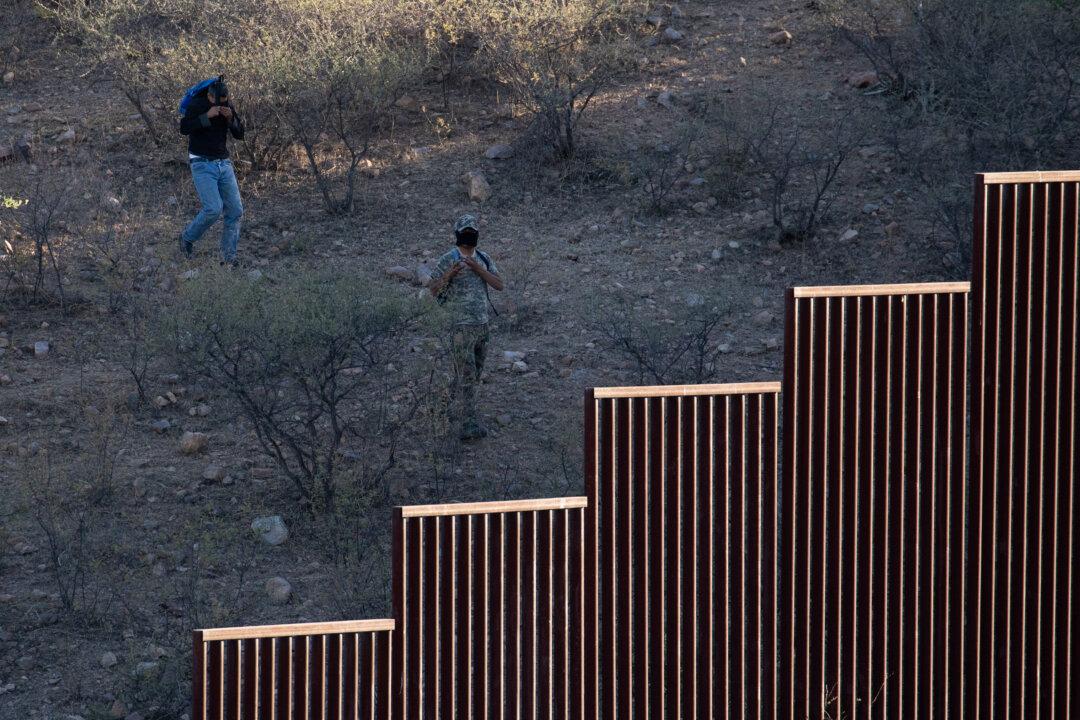PHOENIX—Every time politicians and media discuss border security, one particular group of people is paying very close attention: Mexican cartels.
“Because across the border in Mexico we have a complete, organized, criminal business of trafficking humans and drugs into the United States,” said Sheriff Andy Louderback of Jackson County, Texas. The cartels “absolutely” control the southwest border, he said.





